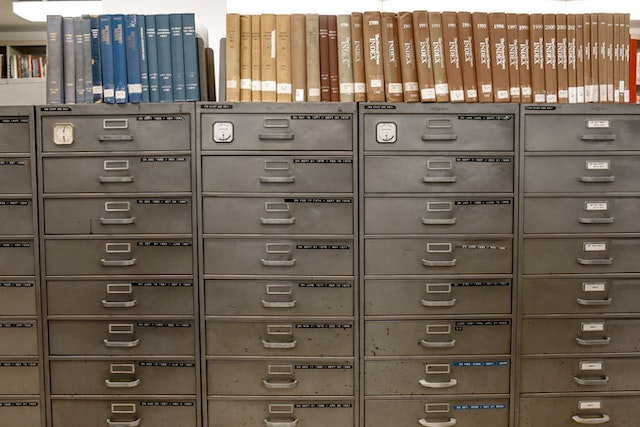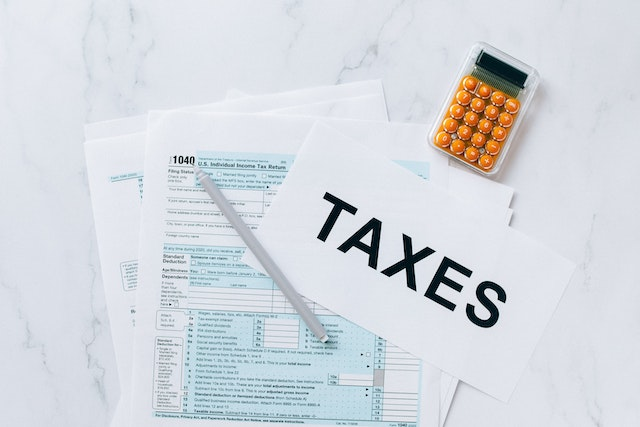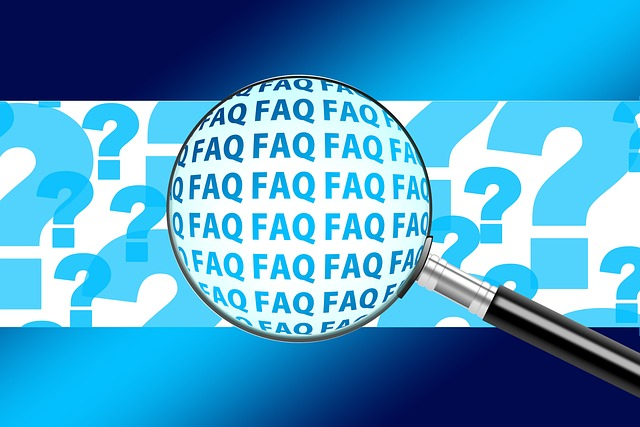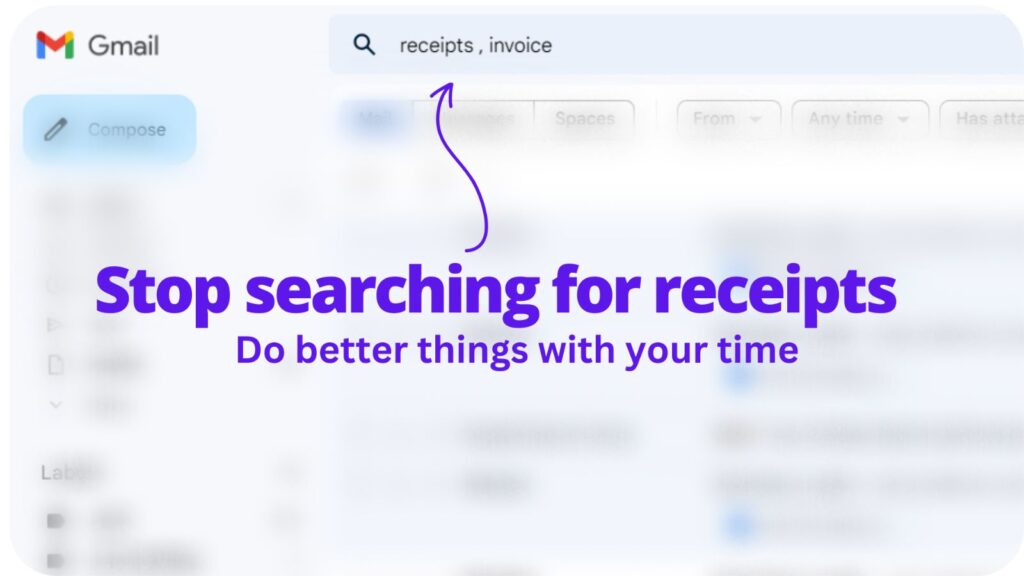Unravel “What Are the Receipt Categories for Taxes?” in this piece.
Taxes can be tricky, especially when receipts are involved. You may wonder, “Why are receipts vital for taxes?” The answer is simple. Receipts help you track your spending. But not just any spending. It’s about tax-deductible expenses. For instance, these are costs you can take off your income. This means you’re taxed less. So, you end up saving money. Above all, you need to know the types of receipts that matter for taxes. In other words, we need to explore the categories of receipts for taxes. Let’s dive in!
Understanding Receipt Categories for Taxes
Let’s dive into taxes and receipts. Receipts help manage business expenses. The best part? They help cut down your taxes. How? By showing deductible business expenses. These belong to different receipt categories.
The Importance of Receipt Organization
Organizing your receipts is key. Imagine tax time. You find a pile of receipts. You’re lost. That’s bad. Why? You might overlook tax deductions. These are expenses that cut your taxable income. Less income, less tax. It’s a win-win.
Sorting them into categories is your solution. Think business expenses, education, travel. Use a folder or an app to keep track of periodic expenses. Do it all year. Then, no more receipt mountains at tax time.
Types of Receipts to Keep
Not all receipts are the same. Some are more important for taxes. Which ones? It depends on the expense. Common business expense categories could be office supplies, professional fees, or employee benefits. Got receipts for these three business expense category? Keep them! They’ll help reduce your taxable income.
There’s more. Other types of deductible expenses exist. Like business loans or insurance premiums. If you’re a small business owner, these matter. So, keep those receipts too. And personal expenses like medical or charitable contributions. They’re deductible. So, keep those receipts too. Every little helps at tax time.
Common Receipt Categories for Taxes: Personal Expenses
Let’s explore personal expenses. They are costs you pay for yourself. Some of them are tax-deductible. This means they can reduce the amount of money you’re taxed on. Here’s how.
Medical and Dental Expenses
Did you see a doctor or dentist last year? Keep those receipts. They are deductible expenses. So, if you had a lot of medical expenses or dental costs, you might pay less tax. Just remember, not all medical costs count. Only those above a certain amount. So, keep track of these expenses.
Charitable Donations
Did you donate to charity? That’s great! Not only did you help others, but you can also reduce your tax. How? By deducting the amount you donated. Just remember, you need a receipt from the charity. Keep it safe for tax time.
Education Expenses
If you’re a student, listen up. Some education costs can cut your tax. Tuition fees, books, supplies. These are education expenses. They’re tax-deductible. So, when you spend money on school, save the receipts. They might save you money at tax time.
How to Organize Receipts By Categories for Taxes

Keeping your receipts tidy is key. It helps you find them fast at tax time. You can use physical or digital ways to do this. Let’s dive into both.
Physical Organization Methods
One way is to use folders. You can label each one with different categories. For instance, “office supplies”, “business expenses”, or “education expenses”. When you get a receipt, put it in the right folder. It’s that simple.
Another way is a binder. You can use dividers for each expense category. This makes it easy to flip to the right section. You might even use clear plastic sleeves. That way, you can see your receipts without taking them out.
Digital Organization Methods
If you prefer tech, try digital methods. You can scan your receipts. Then, save them on your computer. Make sure to back them up, just in case. You can categorize them in digital folders, just like physical ones.
Another option is apps. Some apps let you snap a picture of your receipt. Then, they store it for you. They might even sort it into categories automatically. It’s like having a tiny assistant in your pocket.
Tax Deductions and Receipt Categories for Taxes

Handling taxes can be tricky. But if you know what to do, you can save money. One way is by using tax deductions. Receipts play a big part in this. Let’s learn more about it.
Understanding Tax Deductions
Tax deductions lower how much you owe in taxes. They work by reducing your taxable income. To claim them, you need proof. That’s where receipts come in. They show that you really spent money on deductible items.
Some common deductions include business expenses and interest payments on business loans. Small businesses can also deduct organizational costs. Keeping track of these expenses is important. It helps you find out how much you can deduct.
Maximizing Deductions with Receipts
Want to get the most from your deductions? Keep all your receipts. They help you prove your claims. When tax time comes, go through them. Look for expenses that fit into business expense categories. Add them up. Then, put that number on your tax documents.
It’s important to be honest. Don’t claim things you didn’t buy. And make sure you only claim things that are allowed. If you’re not sure, ask a tax professional. They can help you find out what you can and can’t deduct.
In the end, using tax deductions is a smart move. It helps you save money on your taxes. Just remember to keep your receipts organized.
Audits and Receipt Categories for Taxes
Ever wonder why keeping receipts is important for business purposes? They come in handy, especially during tax audits. So, let’s dive into why they matter and how to store them properly.
Why Receipts Matter in Audits
Imagine this: You’re a small business owner. It’s tax time, and you’ve filed your tax return. But then, you get a letter. You’re being audited! Here, receipts become your best friend.
Receipts prove your claims. They show what you’ve spent money on. They can be for anything. Office supplies, business meals, or travel expenses, for example. And if they fall into common business expense categories, they might be tax deductible!
Without receipts, it’s your word against the tax authority’s. With them, you show you’re honest. That you’ve paid your fair share. That you’re not trying to trick anyone.
Properly Storing Receipts for Audits
So, how do you store receipts? Start by sorting them into expense categories. It could be office expenses, business licenses, vehicle expenses, or professional fees, for instance.
Then, keep them safe. You could use a file folder or a receipt tracking app. Or, you could scan them and save them on your computer. Just make sure to back them up!
If you’re not sure, ask a tax advisor or get professional services of a certified public accountant. They know the rules and can give you tips. Just remember, keeping your receipts organized can save you a lot of trouble during tax season.
Receipt Categories for Taxes: Real-Life Scenarios
Let’s talk about real-life tax scenarios. Think about a person and a small business. Both have different tax situations. And, both need to categorize expenses. Let’s see how.
Personal Tax Scenario
Meet Jane. She has a job and gets a paycheck. She also spends money. In addition, she buys groceries, pays her mortgage, and donates to charity.
It’s tax time. Jane collects her receipts. She sorts them into categories. Groceries, mortgage interest, and charitable contributions, for example. She then files her taxes.
Some expenses, like her donations, are tax deductible. That means she can subtract them from her gross income. This lowers her taxable income. And, it might lower her tax bill. So, it’s a good thing Jane kept her receipts!
Business Tax Scenario
Now, meet Sam. He owns a small business. He has more expenses than Jane. Things like: office space, supplies, travel expenses, and employee benefits.
Sam also collects and categorizes his receipts. But, he has more categories. And, more receipts. It’s more work, but it’s worth it. Because more expenses might mean more tax deductions.
Just like Jane, Sam subtracts his deductible business expenses from his gross receipts. This lowers his taxable income. And, it might lower his tax bill. So, it’s also a good thing Sam kept his receipts!
FAQs: Receipt Categories for Taxes

Why is it important to keep receipts for tax purposes?
Receipts are crucial for tax purposes. Firstly, they prove you made the expenses you’re claiming on your income tax return. Secondly, they help you track your spending. Lastly, receipts are key if you face a tax audit. They provide evidence of your deductible expenses.
Are all receipts tax-deductible?
Not all receipts are tax-deductible. Only certain categories of expenses qualify. These may include business expenses, education costs, medical fees, and charitable donations. It’s always best to consult a tax advisor or certified public accountant for specific guidance.
How long should I keep my tax receipts?
Generally, it’s wise to keep tax receipts for at least three years from the date you filed your original return. However, some situations may require you to keep them longer. This might be the case if you claim certain tax deductions or credits.
Can digital copies of receipts be used for tax purposes?
Yes, digital copies of receipts are usually acceptable for tax purposes. Scanning receipts or using a receipt-tracking app can be an effective way to organize and store them. However, ensure the digital copies are clear and legible.
Conclusion
In conclusion, understanding receipt categories for taxes is key to managing your finances. Whether you’re a small business owner like Sam or an individual taxpayer like Jane, keeping track of your receipts can save you money. Moreover, it can prevent hassles during tax audits.
Remember, not all receipts are created equal. Only certain categories can be deducted from your taxable income. So, get familiar with these categories, and keep your receipts organized. Whether it’s business expenses, education costs, or medical fees, every receipt matters.
Lastly, don’t forget about the benefits of digital organization. Receipt-tracking apps can make the task easier. And always consult with a tax professional if you’re unsure about anything. Taxes might seem daunting, but with the right knowledge and tools, they can be much less of a burden.

Collect receipts from your email automatically!
Try WellyBox - your AI assistant for receipts



